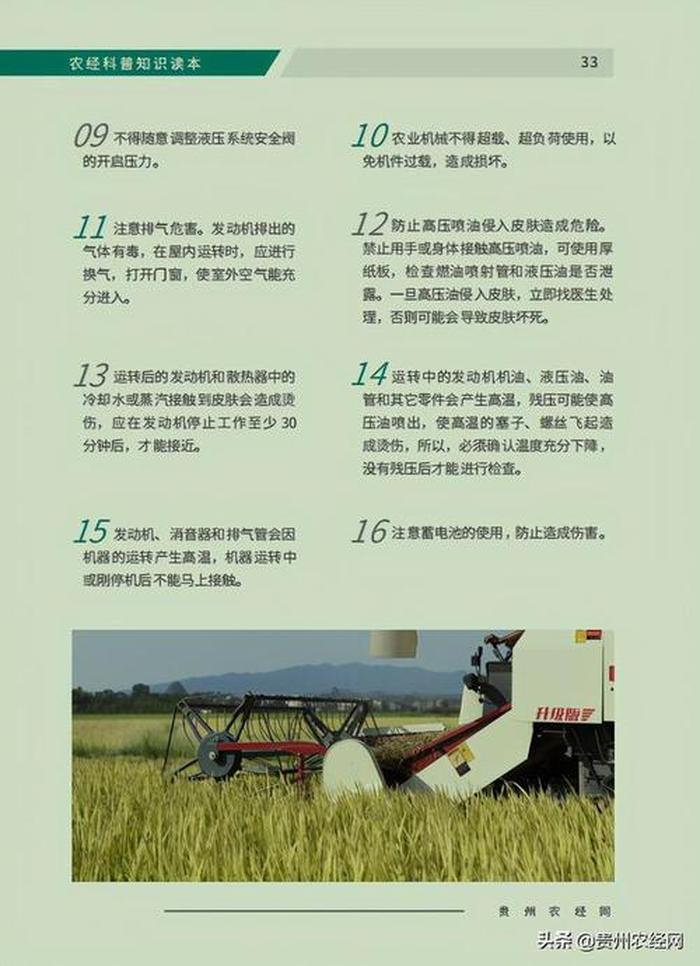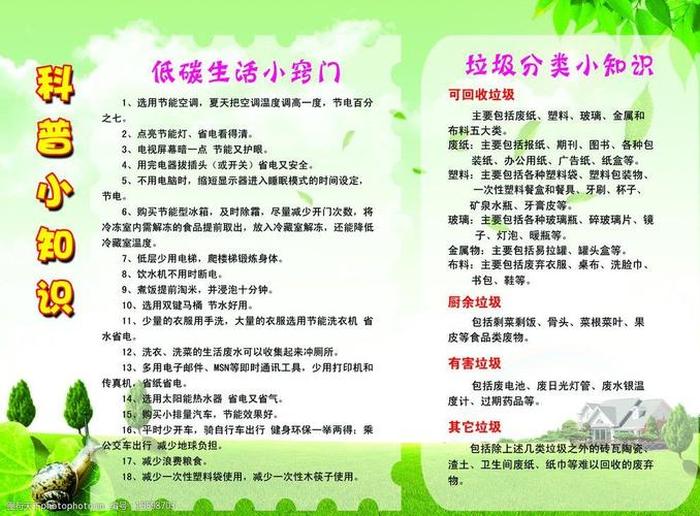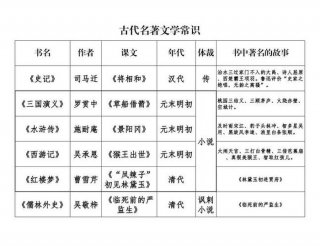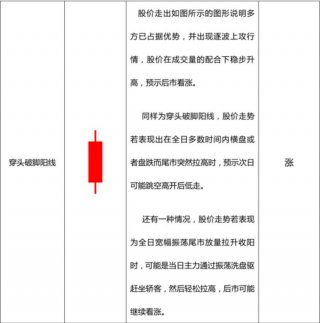有趣的科普小知识英文 - 有趣的农业科普小知识
-
有趣,的,科普,小,知识,英文,农业,Interesting

- 知识-自由百科知识生网
- 2024-03-05 16:30
- 自由百科知识网
有趣的科普小知识英文 - 有趣的农业科普小知识 ,对于想学习百科知识的朋友们来说,有趣的科普小知识英文 - 有趣的农业科普小知识是一个非常想了解的问题,下面小编就带领大家看看这个问题。
Interesting Agricultural Science Knowledge
Agriculture is an important industry that affects our daily lives in many ways. In this article, we will explore some interesting agricultural science knowledge that you may not have known before. From the impact of climate change on crops to the use of drones in agriculture, we will cover a range of topics that will expand your understanding of this essential industry.

Climate Change and Crop Production
Climate change is having a significant impact on crop production. Rising temperatures, increased frequency of extreme weather events, and changing rainfall patterns are all affecting the growth and yield of crops. In this section, we will explore how climate change is impacting agriculture and what farmers are doing to adapt.

Impact of Climate Change on Crop Production
Climate change is causing more frequent and severe weather events, such as droughts and floods. These events can damage crops and reduce yields. Rising temperatures are also affecting crop growth and development, as many crops have specific temperature ranges in which they thrive. Additionally, changing rainfall patterns can make it difficult for farmers to predict when to plant and harvest their crops.
Adapting to Climate Change
Farmers are adapting to climate change in a variety of ways. Some are using new crop varieties that are better adapted to changing conditions. Others are using precision agriculture techniques, such as soil sensors and weather monitoring, to optimize their crop yields. Additionally, many farmers are implementing conservation practices, such as cover cropping and reduced tillage, to improve soil health and reduce erosion.
The Importance of Soil Health
Soil health is essential for crop production. Healthy soil provides nutrients and water to plants, supports soil organisms, and helps to regulate water and nutrient cycles. In this section, we will explore the importance of soil health and how farmers are working to improve it.
The Benefits of Healthy Soil
Healthy soil provides a range of benefits to crops and the environment. It supports the growth of beneficial soil organisms, such as bacteria and fungi, which help to break down organic matter and release nutrients to plants. Additionally, healthy soil can help to reduce erosion, improve water quality, and sequester carbon from the atmosphere.
Improving Soil Health
Farmers are working to improve soil health through a variety of practices, such as cover cropping, reduced tillage, and the use of compost and other organic amendments. These practices can help to improve soil structure, increase soil organic matter, and reduce erosion. Additionally, farmers are using precision agriculture techniques, such as soil sensors and nutrient management, to optimize soil health and crop yields.
The Role of Biotechnology in Agriculture
Biotechnology is playing an increasingly important role in agriculture. From genetically modified crops to precision breeding techniques, biotechnology is helping farmers to produce more food with fewer resources. In this section, we will explore the role of biotechnology in agriculture and the benefits and challenges associated with it.
Genetically Modified Crops
Genetically modified crops are plants that have had their DNA modified using biotechnology techniques. These crops can be engineered to be more resistant to pests and diseases, tolerate herbicides, and have improved nutritional content. While genetically modified crops have been controversial, they have also been shown to increase crop yields and reduce the need for pesticides.
Precision Breeding Techniques
Precision breeding techniques, such as gene editing, are allowing farmers to develop new crop varieties more quickly and with greater precision. These techniques can help to improve crop yields, increase resistance to pests and diseases, and improve nutritional content. However, there are also concerns about the safety and ethical implications of these techniques.
The Use of Drones in Agriculture
Drones are becoming increasingly popular in agriculture. They can be used to monitor crops, collect data on soil health and moisture levels, and even spray crops with pesticides. In this section, we will explore the use of drones in agriculture and the benefits and challenges associated with them.
Monitoring Crops
Drones can be equipped with sensors and cameras to monitor crops and collect data on plant health, growth rates, and yield potential. This data can help farmers to make more informed decisions about when to plant and harvest their crops, as well as when to apply pesticides and fertilizers.
Spraying Crops
Drones can also be used to spray crops with pesticides and fertilizers. This can help to reduce the amount of chemicals needed and improve the accuracy of application. However, there are also concerns about the safety and effectiveness of using drones for spraying.

The Future of Agriculture
As technology continues to advance, the future of agriculture looks bright. From precision agriculture to biotechnology, there are many exciting developments that could help to improve crop yields and reduce the environmental impact of agriculture. In this section, we will explore some of the trends and technologies that are shaping the future of agriculture.
Precision Agriculture
Precision agriculture techniques, such as soil sensors and weather monitoring, are becoming increasingly popular. These techniques can help farmers to optimize crop yields and reduce the amount of resources needed, such as water and fertilizer.
Vertical Farming
Vertical farming is a technique that involves growing crops in vertically stacked layers. This technique can help to increase crop yields while using less land and water. Additionally, vertical farming can be done indoors, which can help to reduce the impact of climate change on crop production.
Robotics and Automation
Robotics and automation are becoming more common in agriculture. These technologies can help to reduce the amount of manual labor needed and improve the efficiency of crop production. Additionally, robotics and automation can help to reduce the environmental impact of agriculture by reducing the need for pesticides and fertilizers.
Conclusion
Agriculture is an essential industry that affects our daily lives in many ways. From the impact of climate change on crop production to the use of drones and biotechnology, there are many exciting developments that are shaping the future of agriculture. By understanding these developments and the challenges and opportunities they present, we can work towards a more sustainable and productive agricultural system.
以上是关于有趣的科普小知识英文 - 有趣的农业科普小知识的介绍,希望对想学习百科知识的朋友们有所帮助。
本文标题:有趣的科普小知识英文 - 有趣的农业科普小知识;本文链接:http://yszs.weipeng.cc/zs/527536.html。
猜你喜欢
- 有趣的科普小知识问答有哪些,30个有趣的科学小知识 2024-03-05
- 有趣的科普小知识纪录片 幼儿科普小知识 2024-03-05
- 有趣的科普小知识文章、有趣的科普小故事 2024-03-05
- 有趣的科普小知识30字 科学小知识简短20字 2024-03-05
- 有趣的科普小知识200字;幼儿科普小知识 2024-03-05
- 有趣的科普小知识200字左右;30个有趣的科学小知识 2024-03-05
- 有趣的科普小故事视频,科普小知识视频 2024-03-05
- 有趣的科普小故事有哪些 科学小故事50字 2024-03-05
- 有趣的科普小故事幼儿版;小学生讲科学故事3-5分钟 2024-03-05
- 有趣的科普小故事400字 科学家有趣的小故事 2024-03-05
























